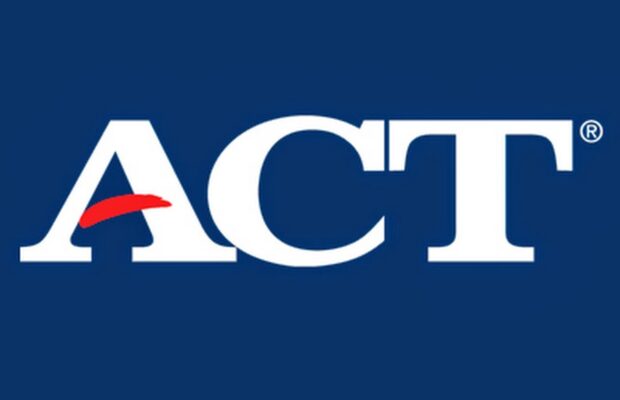For college applicants, choices opening up regarding optional ACT

Senior Koro Castillo has taken the ACT twice during the span of her high school career. “I took it my freshman year, just to see what it was like. I decided not to take it again until my senior year, on Dec. 11,” she said. Castillo said she wasn’t really motivated to take it the second time due to colleges she applied for not requiring the ACT scores. “I submitted the scores anyway because I felt like it would give me greater chances, but I was set on not submitting anything if I got a bad score,” she said.
Castillo said she did surprisingly well her first time taking the exam. “I think the hardest part was the timing. It was just a stressful environment,” she said. Castillo said the experience was different both times taking the test. “The first time, I took the writing portion, so I had a bigger desk. I just remember the second time writing on what seemed like a textbook. The energy in the room was very skittish and tense,” she said.
Although there was a cheaper admittance fee of $63 her second time taking the test, due to the fact Castillo disregarded the writing portion of the exam, she said she was still extremely nervous. “I don’t really like studying, so I didn’t really study for it. I think I was more nervous because I already knew what it was like, so if I did worse the second time it would just be really embarrassing,” she said.
Castillo has also taken the SAT. She said her experience taking the test was weird because not many people in Iowa generally take it. “The SAT had been rescheduled so many times because of COVID and stuff, but there were kids who drove up from Alabama and Texas just to take the SAT.”
The ACT: American College Testing, is a standardized test used across the country by numerous colleges and universities. It is the most widely used acceptance test, and most students, like Castillo, jump at the chance to get an opportunity. However, due to recent requirement changes, some local colleges have dropped the ACT from their acceptance policy.
Janine Baeza, the UNI admissions counselor who works with CFHS students said that there are now two pathways for a student to be admitted. “The aforementioned RAI score, which we calculate if applicants provide their ACT score. An RAI score of 245 or higher guarantees admission to UNI. Students with an RAI score less than 245 should still apply and will be considered for admission. There’s also the test-optional route, which requires no ACT score. Students who do not have an ACT score or do not wish to provide one should still apply and will be considered for admission. GPA and core curriculum are the criteria used in an individual review.”
Baeza said she would advise students who have the opportunity to take the ACT to at least consider doing so. An ACT or SAT score is needed in the RAI calculation, which is one pathway to admission and scholarships at a state school like UNI.
The test-optional route is an alternative option for anyone, but it’s especially appealing to students who struggle with test anxiety or cannot afford the financial burden of retaking the test to earn a higher score. “There’s a lot of research out there that says the ACT is a good criterion to see how successful a student will be, but then there’s also a lot of research that says a student’s GPA is a better qualifier. It’s not all about that one test score. I mean, look, I did terrible on my ACT, and here I have my master’s degree,” counselor Susan Langan said.
Langan said because of COVID, a lot of colleges have gone test-optional. “After COVID, you know there really was no way for students to take the ACT. Pretty soon, colleges were like ‘Hey this isn’t too bad. Not looking at a score.’ The colleges also tell us, however, even though it’s not required, they still recommend students to take it because it will help them with scholarships,” she said. Langan said that essentially, the higher one’s GPA is, along with a high ACT score, the more money one will receive in scholarships.
There are multiple free ACT practice tests online along with paper copies in the counseling office. Langan recommends that students time themselves when studying for the exam to get a better understanding of how to space out the questions.
As of right now, counselors are pushing juniors to take the spring ACT to prepare for their senior year. “It’s a good time to take the April or the June test. Most of the information will be fresh in your brain,” she said. Every college is different but as a senior, one can still take the ACT during the fall.
Upcoming test dates are April 2, June 11 and July 16. The high school also provides ZAPS ACT test prep on Friday, March 25, at the high school from 8 a.m. to 2 p.m. The seminar fee is $110.









You must be logged in to post a comment Login